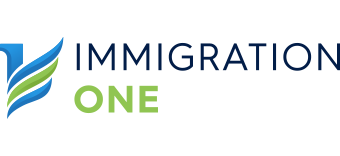A new regulation, that was being disputed in the federal courts, has taken effect, regarding international entrepreneurs who have established a business in the United States, demonstrate significant U.S. funding and show that their business has substantial potential for rapid growth and job creation will be eligible to apply for up to five years of authorization to stay in the United States.
The long-awaited program was first announced in November 2014 to fill a gap in the U.S. immigration system and allow promising foreign entrepreneurs who might not meet the eligibility criteria of existing visa programs to remain in the United States to grow their businesses and make contributions to the U.S. economy.
The program does not provide an immigration status to approved applicants. Rather, qualifying entrepreneurs will receive parole – a discretionary permission to enter and remain in the United States – but will not be eligible for permanent residence unless they qualify under another U.S. immigration program.
Qualifying Entrepreneurs
To be eligible for parole under the new rule, a foreign entrepreneur must meet the following criteria:
- The applicant must have established a U.S. start-up business within five years before the application for parole;
- The applicant must hold an ownership interest in the startup of at least 10 percent;
- The applicant must play an active and central role in the operations of the business, and not merely be an investor; and
- The start-up must have received a capital investment of at least $250,000 from qualified U.S. investors or at least $100,000 in grants or awards from qualifying U.S. federal, state or local government entities. Foreign nationals who only partially satisfy the funding criteria would need to provide additional compelling evidence of the start-up’s substantial potential for rapid growth and job creation.
No more than three entrepreneurs may be granted parole per start-up entity.
Duration of Stay in the United States
Approved entrepreneurs are to be paroled into the United States for an initial period of up to 30 months, with authorization to work for the start-up entity only. Qualifying dependents are to receive parole for the same period as the principal, and spouses will be eligible to apply for employment authorization.





